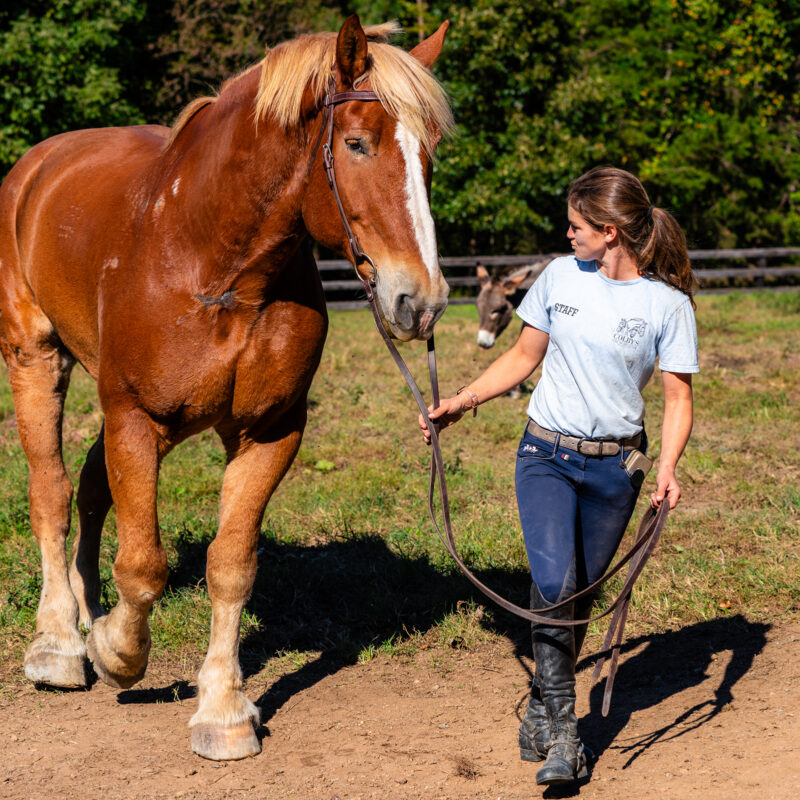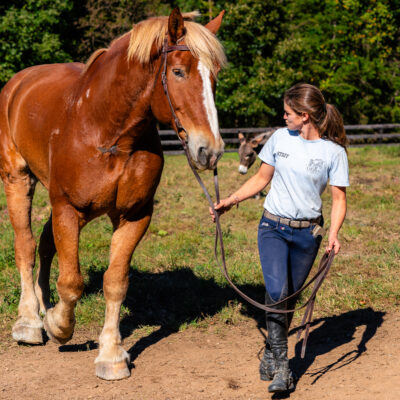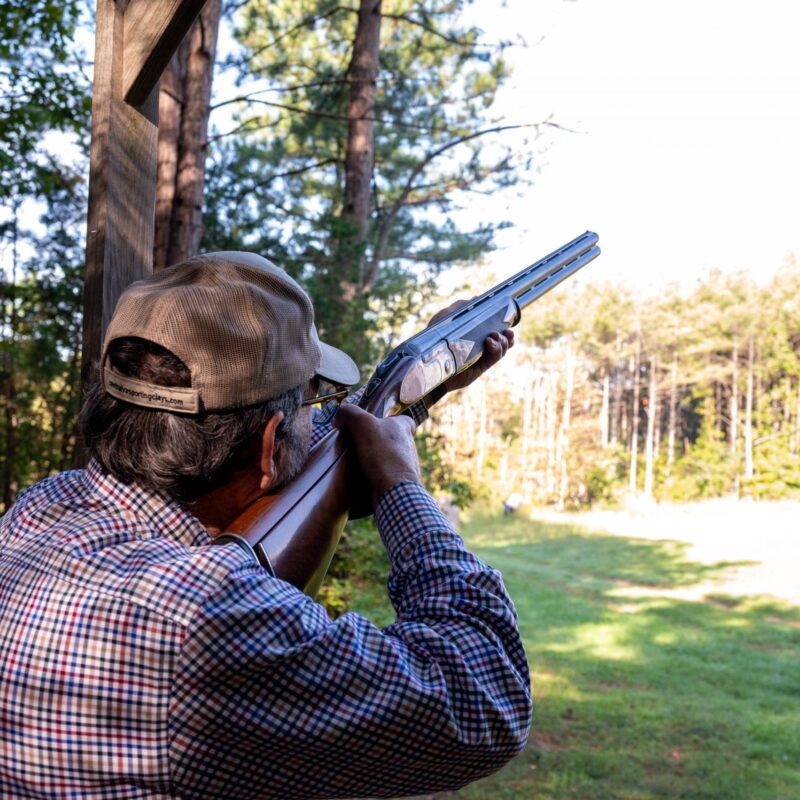/RI_-IMG_9829.jpg) Wash, rinse…must we repeat? Intrepid wine columnist Megan Headley leaves pen and paper behind to wash baskets at Mt. Juliet.
|
I’m sure winemakers roll their eyes at wine writers like me who have never made wine—same as I would judge a restaurant critic who’s never worked in a restaurant. In management positions, I always told my employees that I would never ask them to do something that I wouldn’t do myself. As a restaurant manager, I washed dishes, cooked on the line and cleaned the results of overindulgence from the bathrooms. The dirtiest I’ve gotten writing about wine is a poorly aimed spit that landed on my pants. Lately, all the comforts of my writing job have started to make me uncomfortable. I knew it was time to get dirty.
A request to several area winemakers to save their dirtiest jobs for me was met with great enthusiasm. I could almost hear the sadistic laugh and hand-rubbing in Jefferson Vineyards winemaker Andy Reagan’s e-mailed response. His only instruction before I turned up on a recent Monday morning was not to wear white. With probably too much thought, I chose a grape-colored T-shirt and spandex running pants. Upon my arrival, Reagan handed me a pair of latex gloves and asked me if I knew how to lift with my legs. I said yes, even though I’ve never really understood what that means.
We went into Jefferson’s tank room and he motioned to the 27-year-old floor trough and drain that needed cleaning. He said scrupulous cleaning moves to the top of the priority list in the months before harvest (oh, and he added that cleaning is about 70 percent of a winemaker’s job). The inevitable dirt, mildew and pomace that result from the condensation generated in a 50-degree room full of stainless steel tanks kept at 35 degrees needs to be completely eliminated before the fresh juice comes in.
My first dirty job was to remove the 82-pound cast-iron grates covering the floor trough, “place” them upside down on the concrete floor and then power wash them until no chunky black residue remained. I squatted and grabbed the first grate with my hands, trying my best to “lift with my legs,” and it didn’t budge. Reagan flipped the first one for me. I managed to lift the next one, heaving it to the ground with a grunt. One I threw so clumsily that it broke in half. I was beginning to feel more like a liability than an asset. That said, I loved holding the rifle-like power washer —until the scalding hot water, mixed with the chunky black residue, splattered my face. Like a complete wuss, I asked for a pair of safety goggles. Reagan happily fetched a pair, but after one spray, I couldn’t see out of them. After 15 minutes, I had sufficiently cleaned one grate. 49 more to go.
For the next job, Reagan filled a bucket with hot water and sodium bicarbonate and handed me a long-handled brush. I was to scrub down all walls and tanks until they gleamed. Then he went to lunch. I felt like Cinderella. It was lonely, dirty, back-breaking work. Literally—I could barely move the next morning. Clearly, I didn’t know how to lift with my legs.
I had a day to recover before my next dirty job at Mt. Juliet, a 500-acre piece of land with 50 acres of vines where Jake Busching, former winemaker at Pollak Vineyards, is starting Grace Estates. His biggest focus right now is harvesting 200 tons of grapes that will be sold to 22 Virginia wineries. First, Busching treated me to a mule-led tour of his new digs. We zipped down rows of vines and up 750-1,000′ of slopes, which afforded views so breathtaking that I momentarily forgot why I was there.
At the end of our joyride, Busching pointed to towers of yellow picking baskets that needed to be power washed clean in preparation for harvest. There were 800 of them, coated with sticky grape juice, leaves and dirt. Cleaning the bottom side was easy—almost fun—but once I flipped them over, I realized why this was a dirty job. The spray’s power sent the baskets flying every which way as the water splashed back in my face. By basket No. 6 (needless to say, I didn’t get around to all 800), I was completely drenched, the water dripping from my eyelashes. I asked for another ride in the mule so I could dry off by hanging my head out the side like a Labrador Retriever. My feet squished in my socks and shoes on the drive back to town.
I can hardly claim to have helped much on either of these days. Nor can I claim to really know the dirty side of the business. But experiencing the unglamorous side of a glamorized industry gave me even more respect for the winemakers, who get dirty making the wine I get to write about. Since then, I’ve picked pinot gris and sorted pinot noir, but the dirtiest work of harvest is yet to come. Stay tuned for Part II in a few weeks.





